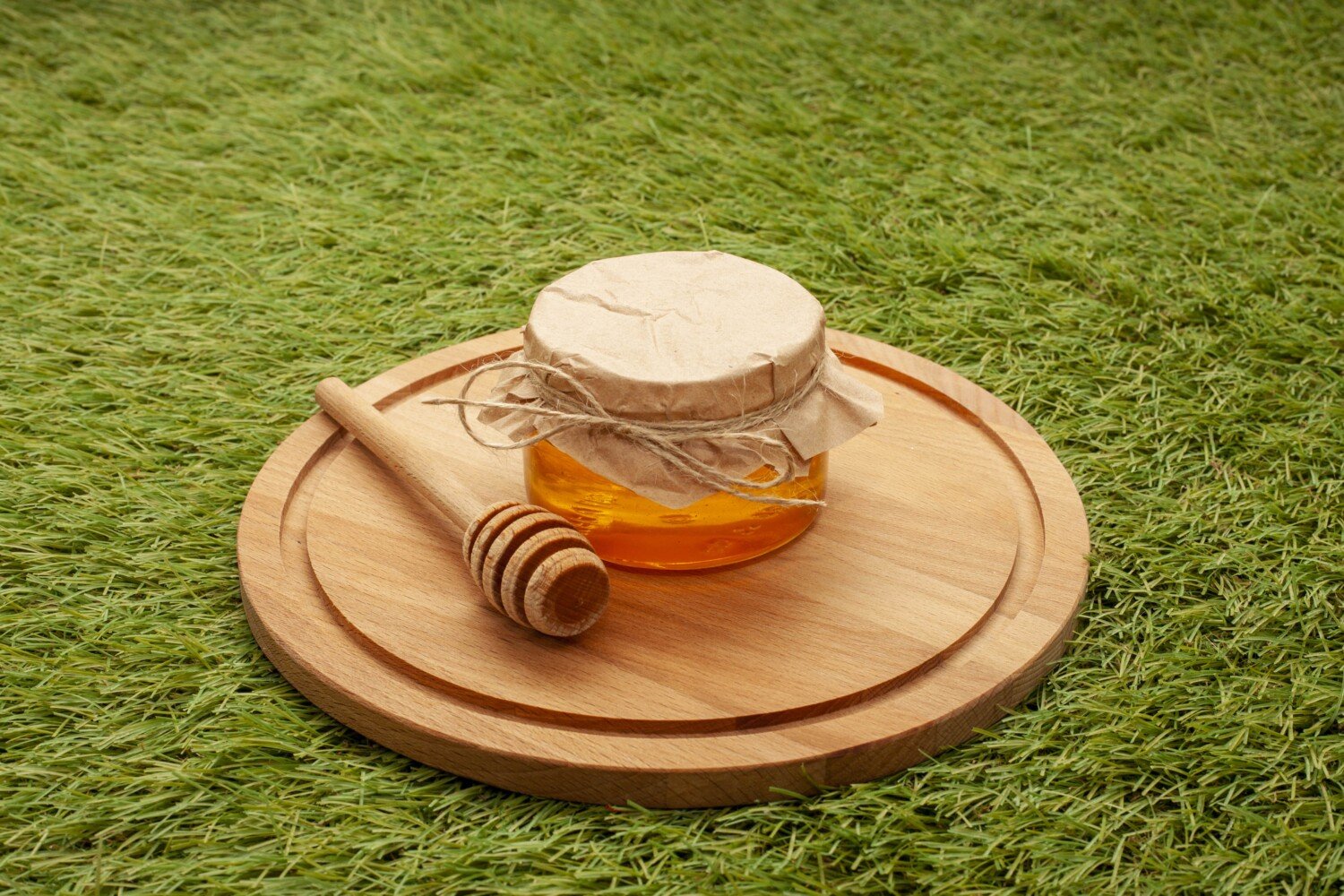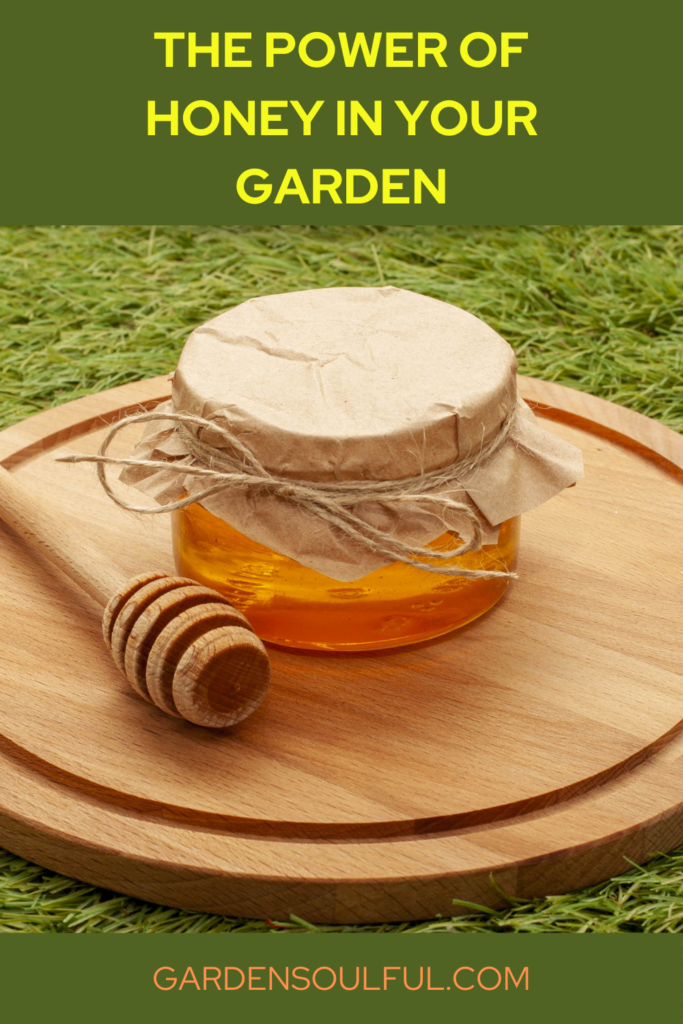
Honey isn’t just a delicious treat for humans—it can also be a valuable asset in your garden. With its natural properties and versatility, honey can play a variety of roles in promoting plant health and improving garden productivity. In this article, we’ll explore five interesting and unexpected uses for honey in your garden that will help you cultivate a thriving and vibrant outdoor space.
- Honey as a Root Stimulant: Honey contains natural sugars and enzymes that can stimulate root growth and encourage strong, healthy plants. To harness its root-stimulating properties, dilute honey in water (about 1-2 tablespoons per gallon) and use it to water newly transplanted seedlings or established plants. The honey solution will help reduce transplant shock and promote rapid root development, giving your plants a head start on growth.
- Honey as a Wound Treatment: Just as honey can promote healing in human wounds, it can also help plants recover from damage or pruning wounds. Apply a thin layer of honey directly to the injured area of a plant to protect it from infection and speed up the healing process. The antibacterial properties of honey will help prevent pathogens from entering the wound, allowing the plant to heal more quickly and effectively.
- Honey as a Natural Fertilizer: Honey is rich in nutrients and beneficial microorganisms that can enrich the soil and promote plant growth. Mix honey with water and compost to create a nutrient-rich fertilizer that can be applied to your garden beds or potted plants. The honey will help feed beneficial soil microbes and improve soil structure, leading to healthier plants with stronger immune systems and increased resilience to pests and diseases.
- Honey as a Pest Repellent: Honey’s sticky texture and sweet scent can be used to create homemade pest traps that effectively capture and control common garden pests. Mix honey with water and a few drops of dish soap to create a sticky solution, then coat yellow or white cards or strips with the mixture. Hang the traps near plants that are susceptible to aphids, whiteflies, or other flying pests. The pests will be attracted to the sweet scent of the honey and become stuck to the traps, preventing them from causing further damage to your plants.
- Honey as a Pollinator Attractor: Honey’s sweet aroma can attract pollinators such as bees, butterflies, and hummingbirds to your garden, helping to improve pollination rates and boost fruit and vegetable yields. Create a simple honey solution by mixing honey with water and spraying it on flowers or foliage that you want to attract pollinators to. The scent of the honey will draw pollinators to your garden, increasing biodiversity and promoting a healthy ecosystem.
Conclusion:
From promoting root growth to attracting pollinators, honey can be a valuable ally in your gardening endeavors. By incorporating these surprising uses for honey into your garden care routine, you can harness the natural power of this sweet substance to cultivate a thriving and vibrant outdoor space. So the next time you reach for a jar of honey, consider sharing a bit with your garden—it’ll thank you for it!

0 Comments